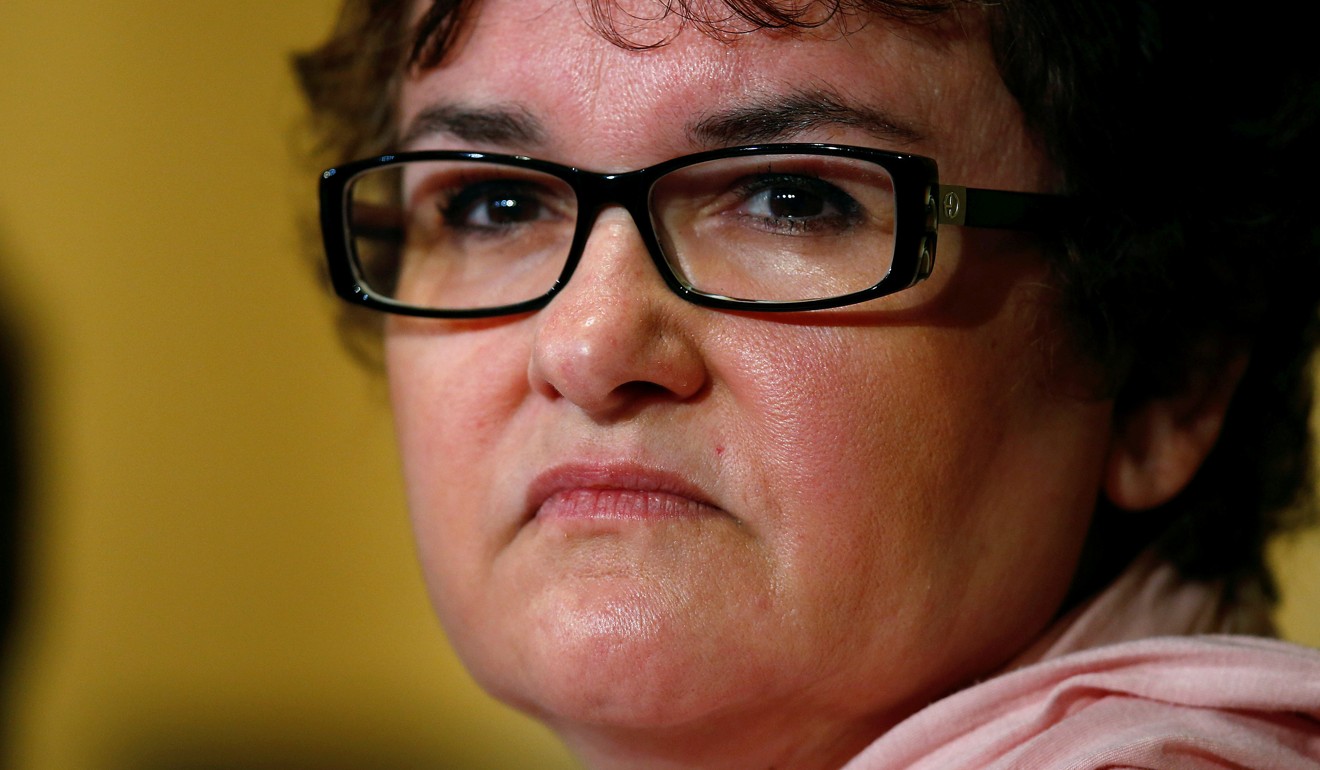Investors’ loss of confidence in monetary easing comes at a worrying time for the world economy
- In Europe and America, central bankers are divided over the need for loose monetary policy. More importantly, market regard for their ability to boost a flagging economy has fallen dramatically, undermining the effectiveness of such policies

There was a time not so long ago when the world’s leading central bankers were perceived by investors and traders as masters of the universe. Not only did they rescue the global economy from the biggest financial crisis since the Great Depression, they managed to get banks lending again and, by flooding the world with cheap money, were responsible for a dramatic and sustained recovery in asset prices.
Yet, over the past couple of years, investors’ confidence in the major central banks’ ability to stimulate growth and drive market valuations higher has waned, to the point where central banks are now seen as part of the problem rather than the solution.
On Monday, the Bank for International Settlements, the so-called central bankers’ bank, published a report that explored the negative side effects of a decade of ultra-loose monetary policy. These include insufficient liquidity and distortions in markets, excessive dependence on central bank funding, pressure on banks’ profit margins stemming from low or negative interest rates and imprudent risk-taking.
Nowhere is the backlash against monetary stimulus more fierce than in the euro zone, where almost 70 per cent of government bonds now trade at negative yields, up from 40 per cent at the start of this year, according to data from Tradeweb.
Germany’s representative on the European Central Bank’s board resigned last month, after the institution resumed its bond-buying programme and cut its deposit rate deeper into negative territory. Last week, a group of former senior policymakers from the ECB launched a scathing attack on the institution.
Not only did they question the rationale behind further stimulus measures – “after years of quantitative easing, continued securities purchases by the ECB will hardly yield any positive effects on growth” – they accused the ECB of compromising its independence and seemingly intending to “protect heavily indebted governments from a rise in interest rates”.
Moreover, markets’ verdict has been equally damning.
Although bond investors are pricing in more easing measures in the euro zone – one of the reasons the yield on Germany’s benchmark 10-year bond slipped back into negative territory in March and has since fallen a further 55 basis points – they do not believe that the measures will prove effective.
This is evidenced by the sharp decline in a closely watched gauge of inflation expectations known as the five-year, five-year break-even forward (which measures anticipated inflation in the euro zone over a five-year period that begins five years from today) to just 1.1 per cent, an all-time low and roughly half the ECB’s target.

In the United States, the Federal Reserve is also split over the need for further cuts in rates, mainly because the economy is still in relatively good shape, but also because US monetary policy has become increasingly politicised.
President Donald Trump’s bullying tweets towards the Fed – he has gone so far as to describe the central bank’s chairman, Jerome Powell, as an “enemy” of America because of the Fed’s refusal to ease policy as aggressively as he would like – have made the dilemmas facing policymakers more acute, particularly since they stem almost entirely from the uncertainty surrounding the trade war.
While the conflict is sapping growth, it is also showing the extent to which the problems confronting the US economy are beyond the Fed’s control.
In one of the most important shifts in investor sentiment since the 2008 financial crisis, the expectation of more monetary stimulus is no longer enough to lift stock markets.
As recently as six months ago, the S&P 500 index was still rising in response to the release of weaker-than-expected economic data, which made it more likely that the Fed would cut rates. Now, poor data is causing stocks to fall, as investors fear the US economy is succumbing to the global downturn.
To put it simply, while bad economic news was often treated as good news, investors are now treating bad news as bad news. The fear of a recession, particularly in the US, has supplanted concerns about overly restrictive monetary policy.
For the main central banks, investors’ loss of confidence in monetary policy makes it much more difficult for their stimulus measures to have an impact on both the economy and the expected path of inflation.
More worryingly, it leaves markets without a much-needed stabiliser at a time when financial volatility has re-emerged and investors are more sensitive to political and economic risks in both advanced and emerging economies.
The hope in markets is that fiscal policy will take over from monetary policy as the main source of stimulus, offering more bang for its buck than additional rate cuts or more quantitative easing. However, the one major economy which has a relatively low level of debt and where a significant relaxation of fiscal policy is needed the most – Germany – is also the most reluctant to loosen the purse strings.
Monetary stimulus may be a dirty word in markets, but fiscal stimulus is an even dirtier one in Germany.
Nicholas Spiro is a partner at Lauressa Advisory